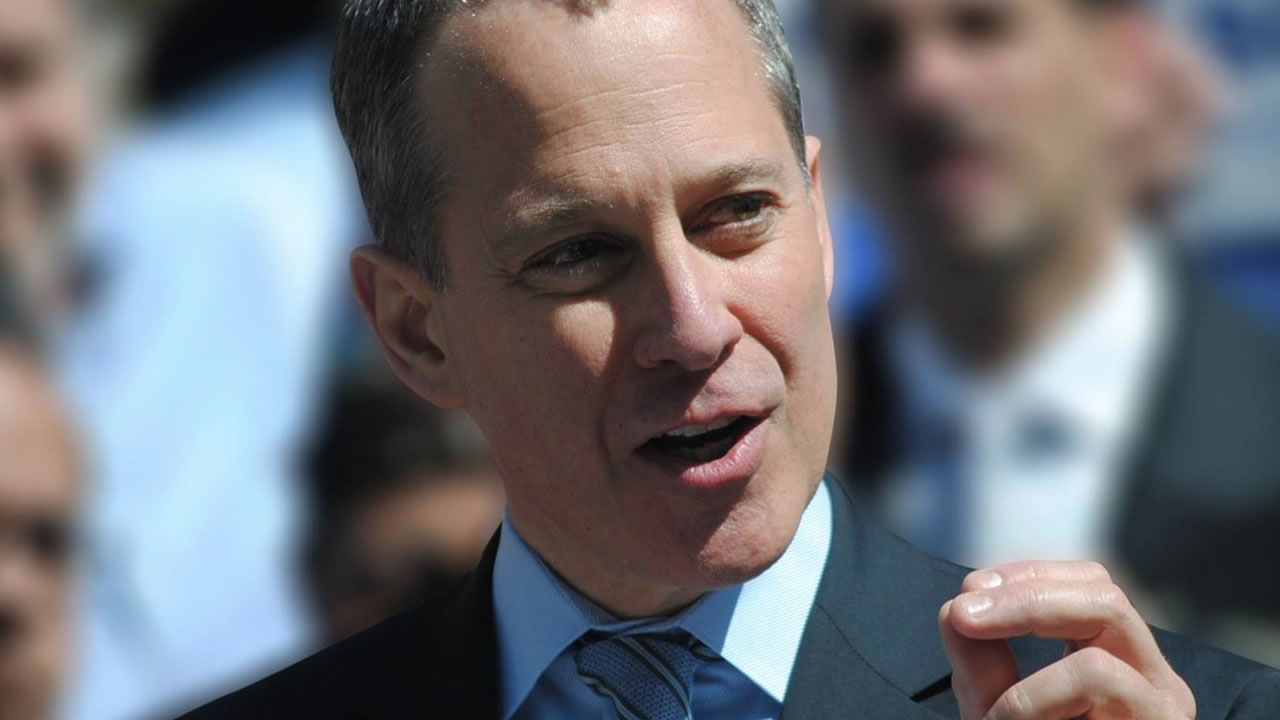
BY ZACH WILLIAMS | A new legal front recently emerged in the fight over the future of The Cooper Union with the revelation that state Attorney General Eric Schneiderman is investigating the financial pressures that led the East Village school to implement tuition last fall.
The investigation encompasses the finances surrounding $100 million in new construction and a $175 million loan approved by the school’s board of trustees, executive compensation, financial reporting and management of real estate assets, The Wall Street Journal reported on March 24, citing “people familiar with the probe.”
That news followed the release of dueling assessments on the college’s condition in the months before an expected ruling in State Supreme Court on the legality of having tuition at the 155-year-old institution.
College spokesperson Justin Harmon told The Villager that The Cooper Union has been proactive in its interactions with the attorney general’s office. A spokesperson for Schneiderman declined to comment on the reported investigation.
“We have engaged in regular briefings with the A.G.’s office since realizing that The Cooper Union’s financial circumstances would likely require us to change its financial model,” Harmon said in an e-mail. “We initiated contact with the office again after the lawsuit was filed, so as to be available to answer any questions the allegations in the lawsuit might raise. We are cooperating fully and providing as much information and perspective as we can.”
School officials have said that long-term financial strains required that students pay for their education — with a so-called “half-tuition” of $20,000 per year — or else the school would reach a fiscal cliff. Opponents charge that the move reflects financial mismanagement leading to a corporatization of the nonprofit institution.
Among the hotly disputed decisions by college leaders was the loan that put the school’s interests in the Chrysler Building up as collateral. The school owns the land beneath the iconic skyscraper. A tax deal with the state allows the school to avoid property taxes on the parcel and receive annual payments from the leaseholder equal to what they would be, about $28 million per year. Some members of the Cooper Union community have said the school could raise needed funds by selling the East Midtown property.
Members of the Committee to Save Cooper Union — a group of faculty, students and alumni behind last year’s lawsuit over tuition — were quick to celebrate on social media the news of Schneiderman’s investigation. But further scrutiny could be warranted, according to Barry Drogin, a prominent critic of the college administration.
“It is for the attorney general’s office to determine what is incompetence and what rises to the level of prosecutable charges,” he said. “Lying to the media, the local community, donors and students may or may not be prosecutable.”
The committee alleges that fiscal mismanagement and an incorrect interpretation of the school’s founding documents led to tuition. Legal arguments were heard in court in August. Since then, the committee has continued its public-relations offensive against the board and college President Jamshed Bharucha.
The latest sparring followed the March 15 release of a report by Bharucha that expressed optimism about the school’s future and satisfaction that some negative impacts of tuition were mitigated. Applications in some fields at the school increased this past year, academic offerings are expanding and the college will have a balanced budget by 2019, according to the report titled, “The State of Cooper Union.”
“We have stabilized the institution, which was on the verge of a fiscal cliff,” Bharucha states in the report. “Our results are positive to date, but there is no question that hard work remains.”
The report does not mention the ongoing lawsuit or its potential impacts on the school moving forward.
The committee soon released its own rebuttal of that report. Assertions by Bharucha that academics, finances and the college community, in general remain, strong are “hogwash,” according to the rebuttal. SAT scores for freshmen are lower than years past, while acceptance rates to the exclusive school have nearly doubled, according to the committee.
A 33 percent jump in Engineering School applications occurred because the college now accepts the Common Application, which allows prospective students to apply to multiple schools at once, according to the committee.
“The desperate imperative to grow the numbers of paying ‘customers’ is undermining the integrity of the institution,” the committee’s report states. “Faculty oversight of students, faculty hiring, tenure and proper academic program oversight are circumvented in the rush to revenue and ‘reinvention.’ ”
In an April 1 statement, Bill Mea, Cooper’s vice president for finance and administration, said that proposed new charges for “overloading” on courses will not be implemented in the 2015-16 school year. Overloading — or taking more than 19.5 credits per semester — is something many Cooper students traditionally have done.
Reactions from the campus community and the current campus climate make the idea currently infeasible, Mea said.
“This is certainly not the time to implement such a policy and it may never by the right time to do so,” he said.


























